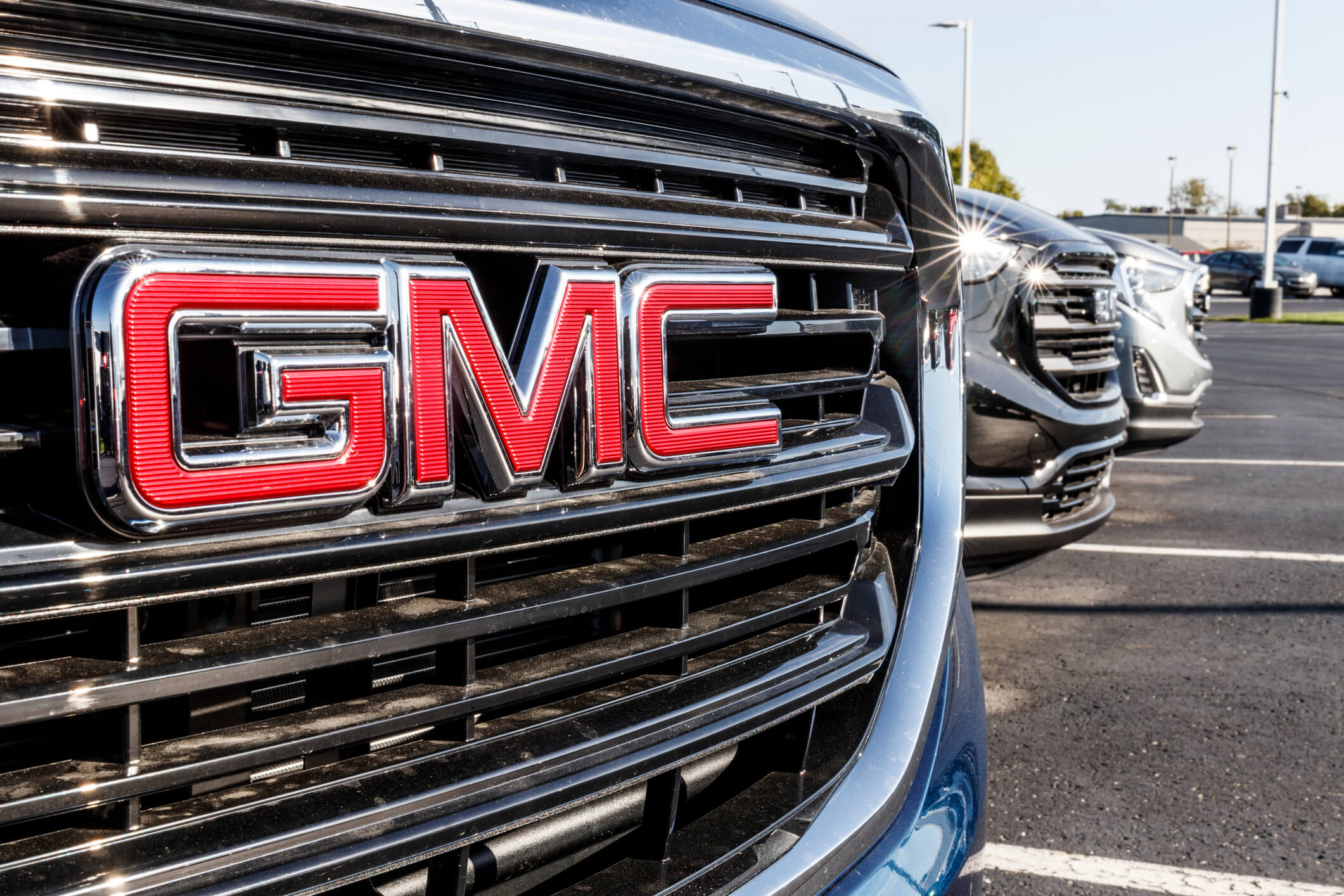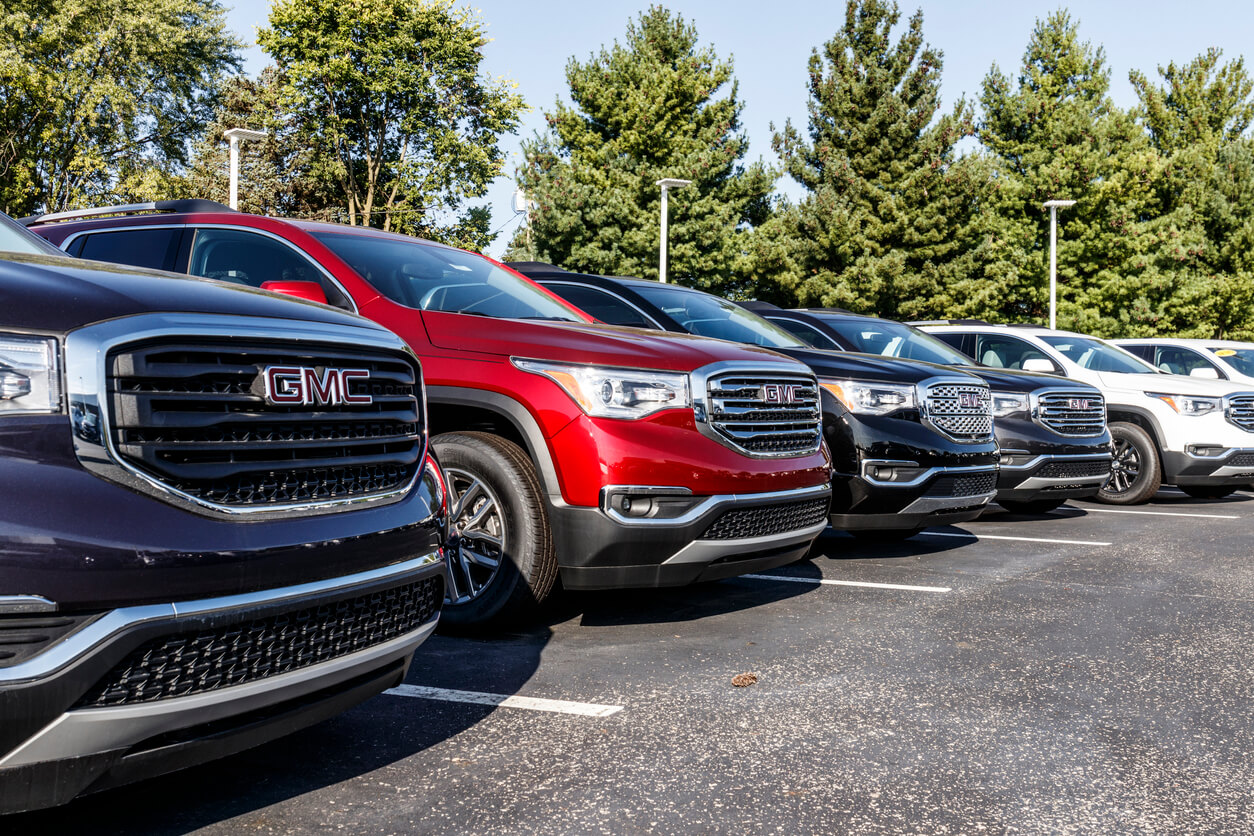By: Nicole Halavi
General Motors (GM), in recent years,has received numerous complaints concerning electronic and infotainment system defects in various models. In light of the recent complaints regarding GM’s infotainment system, a class-action lawsuit has been filed alleging that some GM models are equipped with a defective IOR 7-inch radio, which has led to a sudden increase in sound volume. Ultimately, this becomes a safety problem as it can be distracting to a driver.
CCA is here to help if your GM manufactured vehicle has exhibited any faults in the infotainment system. We invite you to call our experts today for a free consultation: (833) LEMON-FIRM.
What Are the Issues in the GM Infotainment System that Resulted in a Class Action Lawsuit?
A recent class-action lawsuit concerning GM’s infotainment system alleges a defect in the radio system that triggers a sudden volume spike. This can act as a distraction to the driver and result in potentially fatal accidents. The lawsuit further expands on Bluetooth issues, a faulty rearview camera, and defective display screens that spontaneously goes dark.
Here is a list of the recent models that are equipped with faulty infotainment systems:
- 2019 Chevrolet Colorado
- 2019 Chevrolet Equinox
- 2019 Chevrolet Silverado 1500
- 2019 GMC Canyon
- 2019 GMC Sierra 1500
- 2020 Chevrolet Blazer
- 2020 Chevrolet Camaro
- 2020 Chevrolet Colorado
- 2020 Chevrolet Equinox
- 2020 Chevrolet Sonic
- 2020 Chevrolet Trax
- 2020 Chevrolet Silverado 1500
- 2020 Chevrolet 2500HD
- 2020 Chevrolet 3500HD
- 2020 GMC Canyon
- 2020 GMC Terrain
- 2020 GMC Sierra 1500
- 2020 GMC 2500HD
- 2020 GMC 3500HD
After numerous complaints, General Motors issued several technical bulletins to dealerships and introduced a software update. However, the update only eliminated the volume problems but not the spike issue. According to the lawsuit, GM has not issued any updates to resolve the volume spike problem. Also, GM owners complain that dealers refuse to refuse to replace or repair defective infotainment systems.
As for the faulty rearview display, users allege the display image remains on the screen for 30-50 seconds even after the vehicle is shifted out of reverse mode. Another issue mentioned in the lawsuit is regarding the Bluetooth system. When the vehicle receives a call through the Bluetooth system, the ringer does not turn off throughout the call’s duration, causing the driver to become distracted and, simply making it impossible to make use of the Bluetooth feature.
The plaintiffs of the lawsuit state that the automakers have yet to find a solution to the issue, but are not even willing to issue a recall for the defective models.
What Can I Do if My GM Manufactured Vehicle Suffers Repeat Issues?
If you face any trouble with the infotainment system installed in your GM vehicle, such as a faulty rearview camera, a defected display, Bluetooth issues, or sudden volume spikes, California’s lemon laws are here to protect you and prevent further complications. At CCA, our lawyers are well aware of the defective infotainment system’s issues in the GM manufactured vehicles and can help you get the compensation you deserve.
If you are experiencing any of the above-mentioned issues with your vehicle, do not hesitate to contact our experts for a free consultation at: (833) LEMON-FIRM.







